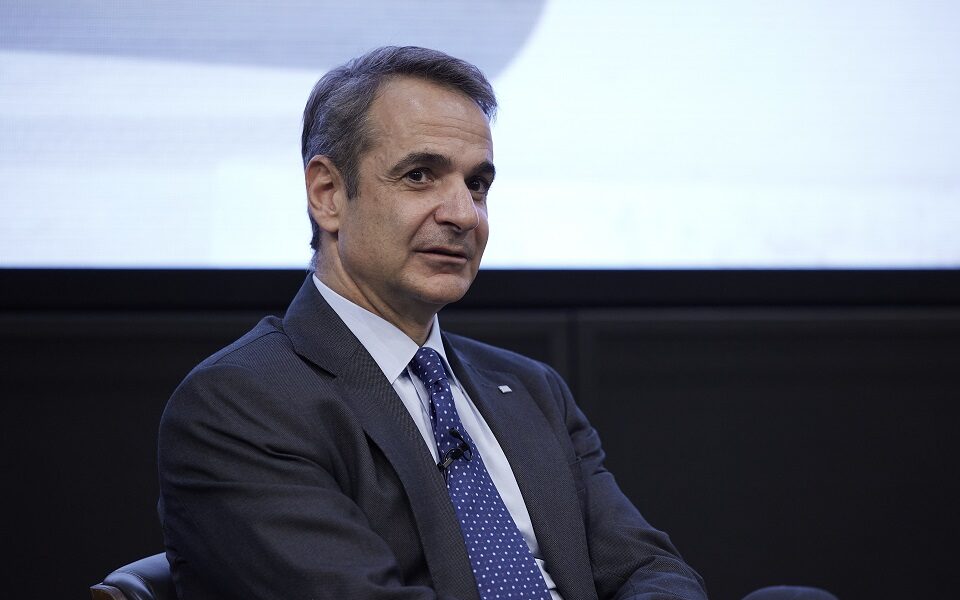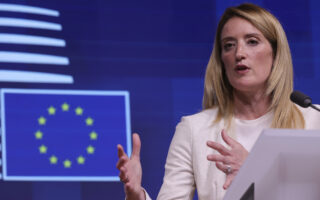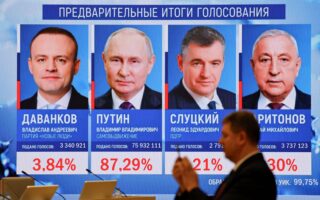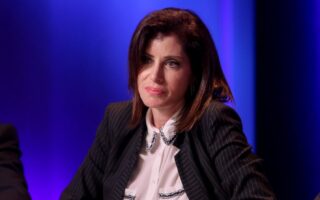Defense, competitiveness and food security are Europe’s ‘big issues,’ says Greek PM

With Europeans set to elect a new EU Parliament in June, the bloc needs to focus on defense cooperation, boosting its competitiveness against top global players and ensuring its food security, Greek Prime Minister Kyriakos Mitsotakis has said, outlining the three “big issues” that lie ahead for the bloc.
“First of all, [we] need to turn strategic autonomy from a slogan into a real and effective policy. Look at defense, for example. We not only need to spend more on defense, but we need to coordinate our defense spending. The second challenge has to do with overall European competitiveness. How we can ensure that Europe remains competitive vis-a-vis China, the US and the Global South. This will mean better jobs and better-paying jobs for European citizens. The third challenge is to be more specific and more sectoral. It has to do with agriculture and our farmers at a time when food security is very high on our agenda,” Mitsotakis said in an interview with Euronews on Monday.
Elaborating on the subject of defense autonomy, the Greek prime minister noted that Europe has come to “understand that we all need to step up to the plate and spend more, but also spend smarter, be more coordinated, streamline our defense procurement, and have maybe more European champions that can offer advanced defense solutions at a more competitive level than is currently the case.”
On the question of agriculture in particular, Mitsotakis pointed to the burden that has fallen on the bloc’s farmers – who embarked on weeks of strikes and protest rallies in Greece and other member-states earlier this year – as countries race to adopt greener practices offsetting the effects of climate change.
“We need to make sure that the green transition is executed at a speed that does not significantly impact the income of our farmers,” he said.
Urging voters to go to the polls in June, Mitsotakis noted that “the decisions that are taken in Brussels and Strasbourg are very important for our everyday lives, and we need to send qualified people to the European Parliament.”
“I think these are particularly important elections for Europe as a whole, given the broader economic and geopolitical context,” he added.





